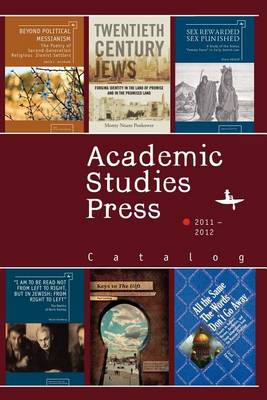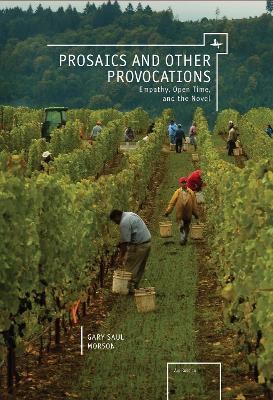Ars Rossica
2 total works
In this volume, Gary Saul Morson describes Russian literature as a unique blend of unsettling philosophical ideas and formal experiments. Because critics have downplayed the strangeness those ideas, his essays on Gogol, Turgenev, Chekhov, and Tolstoy contrast them with our own ways of thinking. Translators need to understand these masterpieces not just as linguistics samples but as literature. Dostoevsky's novels exemplify disturbing ideas that should shock as well as inspire. As critics have muted his challenge to psychological and philosophical orthodoxies, they engage in "negative apologetics" regarding his more repellent views. Readers will, perhaps, be most provoked by Morson's recreation of the hostile dialogue between the Russian intelligentsia and great Russian writers. Their interactions shape classical Russian thought and still influence debate about politics, art, and the "accursed questions."
Gary Saul Morson's ideas about life and literature have long inspired, annoyed, and provoked specialists and general readers. His work on "prosaics" (his coinage) argues that life's defining events are not grand but ordinary, and that the world's fundamental state is mess. Viewing time as a "field of possibilities," he maintains that contingency and freedom are real. To represent open time, some masterpieces have developed an alternative to structure and require a "prosaics of process." Morson's curmudgeonly alter ego, Alicia Chudo, invents the discipline of "misanthropology," which explores human vices from voyeurism to violence. Reflecting on his legendarily popular courses, Morson argues that what literature teaches better than anything else is empathy. Himself an aphorist, Morson offers a witty approach to literature's shortest genres and to quotation in general.

